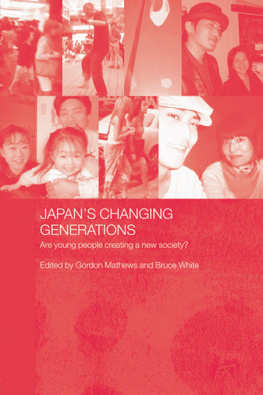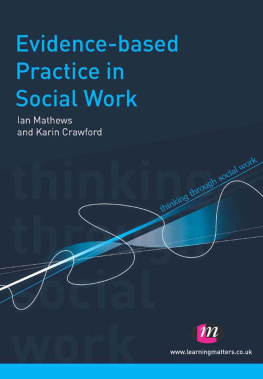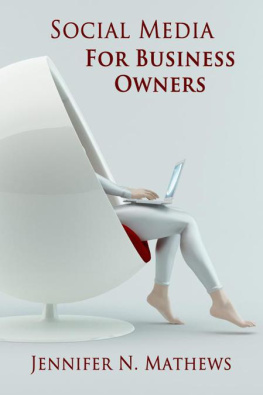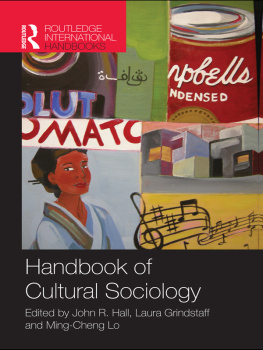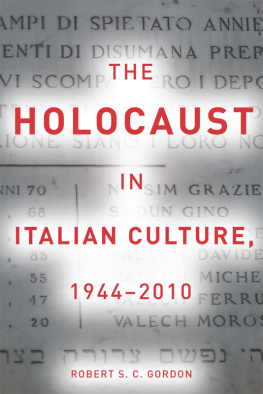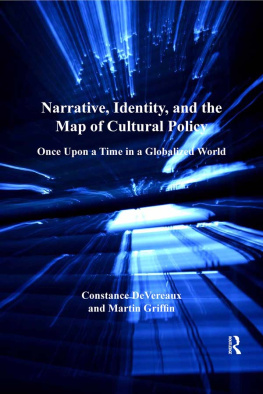
Global Culture/Individual
Identity
Most people still think of themselves as belonging to a particular culture. Yet today, many of us who live in affluent societies choose aspects of our lives from a global cultural supermarket, whether in terms of food, the arts, or spirituality and beliefs. So if roots are becoming simply one more consumer choice, can we still claim to possess a fundamental cultural identity?
Global Culture/Individual Identity focuses on three groups for whom the tension between a particular national culture and the global cultural supermarket is especially acute: Japanese artists, American religious seekers, and Hong Kong intellectuals before and after the handover to China. These ethnographic case studies form the basis for a theory of culture which we can see reflected in our own lives.
Gordon Mathews opens up the complex and debated topics of globalization, culture, and identity in a clear and lively style. His book will be illuminating and valuable for social and cultural anthropologists, their students, and the interested layperson.
Gordon Mathews is associate professor of anthropology at the Chinese University of Hong Kong. He is also the author of What Makes Life Worth Living? How Japanese and Americans Make Sense of Their Worlds .
Global Culture/
Individual Identity
Searching for home in the cultural
supermarket
Gordon Mathews
First published 2000 by Routledge
2 Park Square, Milton Park, Abingdon, Oxon, OX14 4RN
Simultaneously published in the USA and Canada
by Routledge
270 Sladison Aye, New York NY 10016
Routledge is an imprint ofthe Taylor & Francis Group
2000 Gordon Mathews
All rights reserved. No part of this book may be reprinted or reproduced or utilized in any form or by any electronic, mechanical, or other means, now known or hereafter invented, including photocopying and recording, or in any information storage or retrieval system, without permission in writing from the publishers.
British Library Cataloguing in Publication Data
A catalogue record for this book is available from the British Library
Library of Congress Cataloging in Publication Data
Mathews, Gordon.
Global culture/individual identity: searching for home in the cuItural supermarket/Gordon Mathews.p. cm.
Includes bibliographical references and index.
1. Group identity. 2. Culture. 3. International relations and culture. 4. Acculturation. 5. National characteristics. 6. Ethnicity. I. Title.
HM753.M372000
306dc2199-41333
CIP
ISBN 0-415-20616-2 (pbk)
ISBN 0-415-20615-4 (hbk)
To Yoko
Contents
Preface
This book is about cultural identity. Most people today tend to think of culture as belonging to a particular society: Japanese have Japanese culture, French have French culture, Americans have American culture, and so on. But today this has become confusing: we belong to our particular national culture, but many of us in todays affluent world also choose or at least believe we choose aspects of our lives from what can be called the global cultural supermarket. You might eat raisin bran for breakfast, curry for lunch, and sashimi for dinner; you may listen to opera, jazz, reggae, or juju; you may become a Christian, an atheist, a Buddhist, or a Sufi.
One result of this is a profound contradiction that many of us in the affluent, media-connected world live within. We feel that we belong to our particular national culture, and believe that we must cherish our culture. But we also consume from the global cultural supermarket, and believe (albeit in large part falsely) that we can buy, do, be anything in the world we want but we cant have it both ways. We cant have both all the worlds cultures to choose from and our own cultural particularity. If you believe that you can choose aspects of your life and culture from all the world, then where is your home? Do you have any home left to come back to? Can home and roots be simply one more consumer choice?
I focus in this book on three groups for whom the tension between particular national culture and the global cultural supermarket is particularly acute: Japanese artists traditional and contemporary, American religious seekers Christian and Buddhist, and Hong Kong intellectuals in the shadow and wake of Hong Kongs return to China. Japanese traditional artists may claim that their arts represent the essence of Japaneseness, an essence that their fellow Japanese have lost. Some Japanese contemporary artists seek a return, through their rock or jazz or abstract painting, to their Japanese roots. But is the Japaneseness that the koto player in kimono expresses through her art really the same as the Japaneseness that the punk rocker with dyed blond hair expresses through his art? What in the world is Japanese?
Some American Christians believe that the United States is a once-Christian nation that has lost sight of Gods truth; but many American religious seekers see religion as a matter of taste: believe whatever makes you happy. Different versions of the United States follow each of these principles: Is the United States one nation under God, a beacon of truth to the world, or is it a land of the individual pursuit of happiness? What in the world is American?
Some Hong Kong intellectuals see themselves as Hongkongese, an identity that emerged only in recent decades and that may now be slowly vanishing under the weight of the Chinese state since the handover on 1 July 1997. Others see themselves as Chinese, and revere the Chinese identity to which they now claim they have returned. But in the wake of colonialism in Hong Kong and communism on the mainland, is there any such Chineseness left to go back to? Or is it no more than a dream? What in the world is Chinese?
These three groups, and the personal accounts of people within these groups, are featured in the three central chapters of this book; but these particular investigations are framed within a larger argument over the meanings of culture in todays world, and the meanings of home. This book is about three particular groups of people, but it is also about all of us in the mass-mediated, culturally supermarketed world of today. Who in this world are we? This book will provide no clear answers to this question; but it will, I hope, stimulate you who read these words to think about our contemporary quandaries of cultural identity in a new way.
A brief note on names. Japanese names in this book are written in Japanese style, with surname first and given name second. Chinese names are also written with surname first and given name second unless the person referred to goes by a Western given name, in which case the surname follows the given name.
Acknowledgments
I am indebted to a number of people and institutions who greatly aided me in the writing of this book. The Research Grants Council, Hong Kong provided an Earmarked Research Grant (CUHK 145/96H) that enabled me, over successive summers, to conduct this research in Japan and the United States, and during the school year in Hong Kong between 1996 and 1998; it also made possible the hiring of some three dozen student assistants students from Hong Kong, Japan, and the United States transcribing taped interviews into what amounted to some 3, 000 pages of transcripts in all. Some of these students also conducted interviews in Cantonese to supplement my own interviews in Hong Kong; others helped locate newspaper articles in Chinese, Japanese, and English; and others assisted me in my own efforts at translation. Space makes it impossible to list all their names, but these students were of enormous help. Without the funding of the Research Grants Council and the assistance of these student helpers, this book would have been far slower in its generation, if, indeed, it had been written at all.




